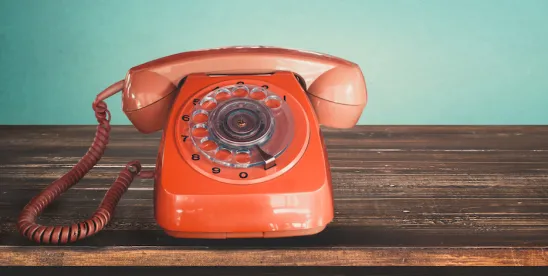FCC Seeks Comment on 4 GHz Proposal
On Friday, the Federal Communications Commission (FCC) released a Public Notice seeking comment on various proposals in the agency’s proceeding to determine the future of the 3.7-4.2 GHz (4 GHz) band. The Public Notice seeks comment on various proposals submitted in this proceeding, including auctioning 370 MHz of spectrum for flexible wireless use on a nationwide basis. This proposal contemplates repacking existing earth station users into a portion of the band and requiring auction winners to cover certain transition costs. The FCC’s review of this band started last summer, when the Commission announced it would be requiring C-Band licensees to file certifications to preserve existing operations (see, our firm’s blog for more information). Comments on these new proposals are due August 7 and reply comments are due August 14.
New York PSC Suspends Wireless Pole Attachment Filings
Last week, the New York Public Service Commission suspended the effective date of several tariff filings submitted by various electric utilities to establish wireless pole attachment rates in compliance with a March PSC Order. The March Order adopted new rules to promote the attachment of wireless facilities to existing utility poles. The Order also established interim pole attachment rates for wireless attachments and established timelines for processing pole attachment applications. However, the Commission intends to treat wireless and wireline attachments equally and the proposed modifications to its wireline attachment rates have not yet been published in the State Register. Accordingly, the Commission elected to suspend until November 28, 2019, the tariff revisions addressing wireless attachments to allow the Commission additional time to update its wireline attachment rules.
Appeals Court Affirms FCC on License Cancellation
Last week, the United States Court of Appeals for the DC Circuit issued a decision affirming an FCC Order that canceled several licenses held by GLH Communications. In 2001, GLH acquired several 700 MHz licenses from Leap Wireless. Leap Wireless had originally purchased many of these licenses from the FCC under an installment payment program. As part of this acquisition, GLH assumed the obligation to continue making installment payments on these licenses. The FCC canceled the licenses and reauctioned the spectrum when GLH failed to make the required payments. GLH challenged the FCC’s decision to cancel its licenses and argued that the Commission should apply the proceeds of reauctioning the spectrum against the company’s outstanding debt. The Appellate Court disagreed and determined the FCC acted appropriately in canceling the licenses.
Auction for 833 Toll Free Numbers Scheduled for December 17, 2019
The FCC released draft Bidding Procedures for toll free numbers that will be associated with the next toll free code—833. This draft is expected to be adopted at the FCC’s August 1 Open Meeting. Before Internet-based e-commerce and online reservation web sites, so-called toll free “vanity numbers” such as “1-800-Flowers” were highly valued. For some firms and speculators, vanity numbers remain important. The auction will be a one-time single, bid auction and is scheduled for December 17, 2019. The FCC will allow the 833 number auction winners to sell the numbers, but the transfers (not the prices) must be reported to designated entities.
Ninth Circuit Allows Cellphone Warning Case to Proceed
In a 2-1 ruling, a panel of the Ninth Circuit U.S. Court of Appeals denied a preliminary injunction sought by CTIA regarding an ordinance adopted in 2015 by the City of Berkeley, California requiring cellphone manufacturers to post health warnings about cellphone usage. The United States Supreme Court had vacated an earlier Ninth Circuit ruling and remanded the case in light of another Supreme Court ruling on compelled speech. On remand the panel again denied the injunction. The Berkeley ordinance requires cellphone vendors to provide an informational handout to consumers about the safety risks of their cellphones and directs them to read the manufacturers' safety instructions. CTIA argued that the ordinance was preempted by federal law and violated the First Amendment. The panel pointed out that the warning was the same one required by the FCC and that in adopting the ordinance directing the public to informational material Berkeley was furthering the efforts of the FCC to protect the health and safety of cellphone users.
Commissioner O’Rielly Again Warns on 911 Fee Diversion
Last week, FCC Commissioner Mike O'Rielly sent a letter to the Governor of the US Virgin Islands expressing his concern that the Virgin Islands diverted over $1.2 million in 911 fees to other functions. The letter is one of dozens Commissioner O'Rielly has sent to states and territories of the United States in an effort to eliminate the diversion of 911 fee to other uses. In his letter, Commissioner O'Rielly notes he, “would find it extremely difficult to support providing additional USF funding to the Virgin Islands without a firm commitment and a timeline” to end the diversion of 911 fees for other purposes.







 />i
/>i

